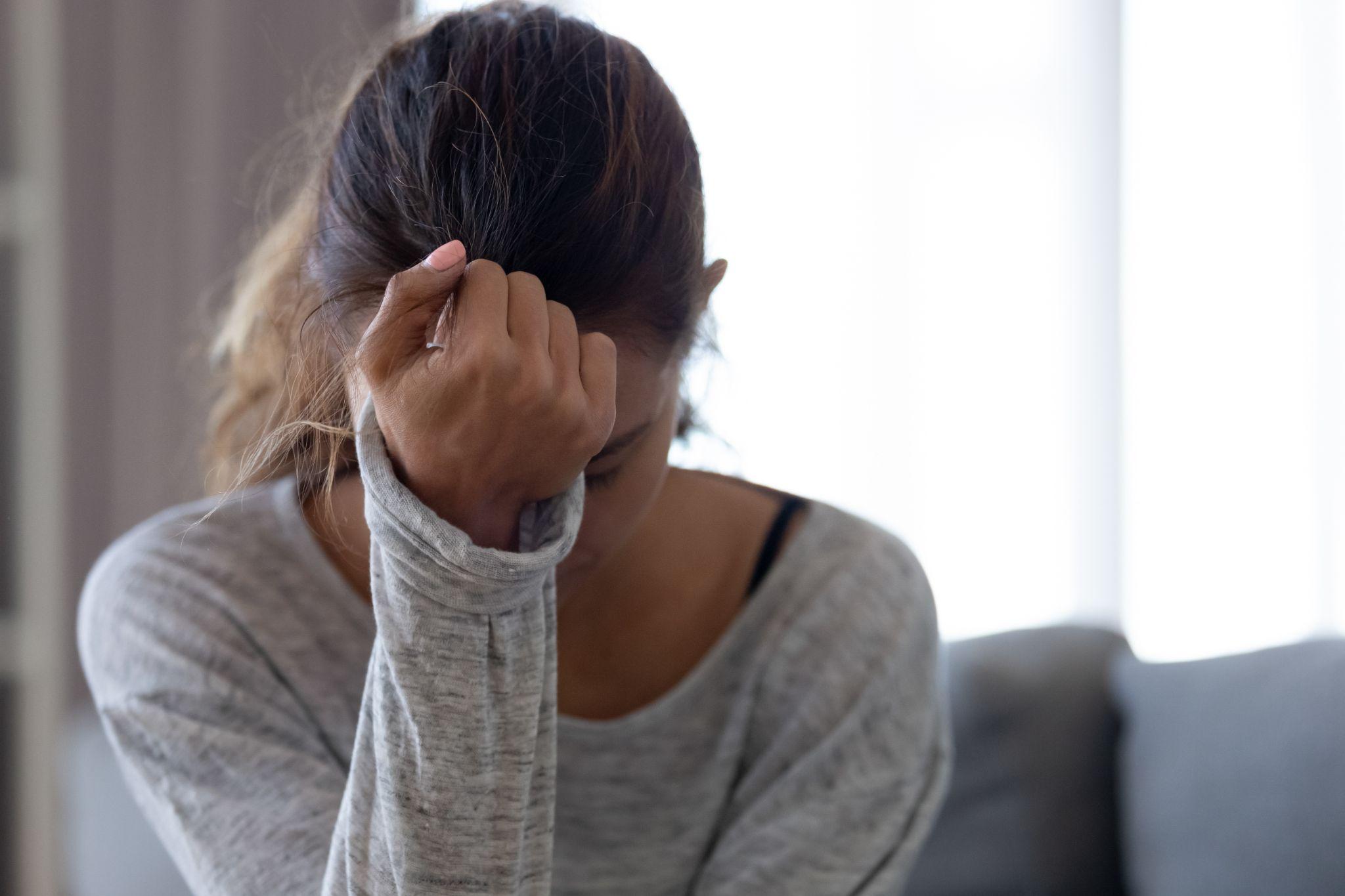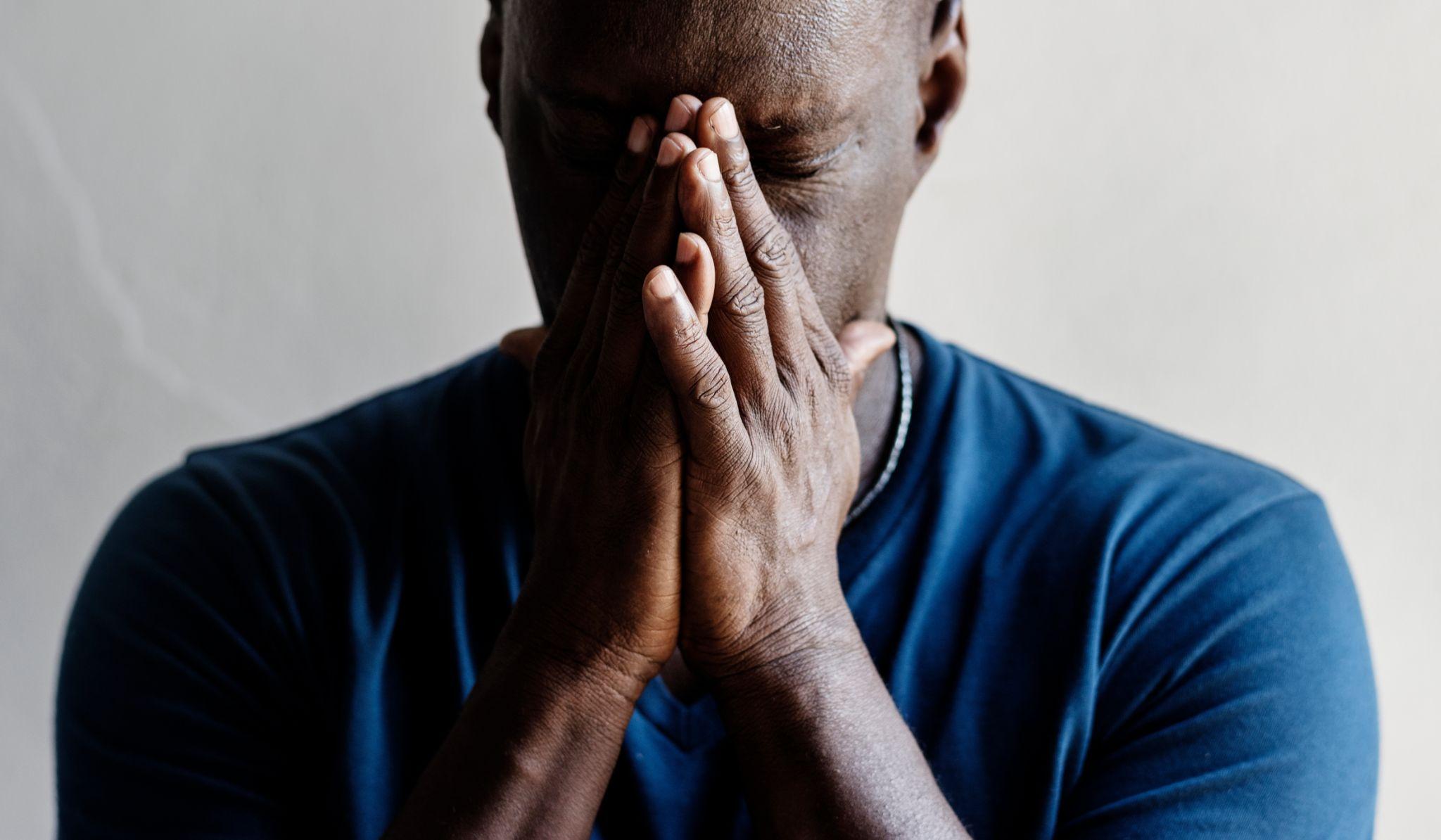Yes, alcohol can cause anxiety. While many people turn to alcohol as a way to relax, its effects on the brain and body can actually lead to increased anxiety over time. The temporary calming sensation alcohol provides is short-lived, and as it wears off, it can trigger feelings of nervousness, unease, and even panic.
Approximately 20% of Americans with an anxiety or mood disorder also have an alcohol or substance use disorder. Likewise, about 20% of those with an alcohol or substance use disorder also struggle with an anxiety or mood disorder.1
For those who already struggle with anxiety, alcohol can worsen symptoms, create dependence, and interfere with mental health. Understanding the relationship between alcohol and anxiety is essential to making informed decisions about drinking habits and overall well-being.
What Is Anxiety?
Anxiety is a natural response to stress, characterized by feelings of worry, fear, or nervousness. While occasional anxiety is normal, persistent or excessive anxiety can be a sign of an anxiety disorder.
Symptoms may include restlessness, rapid heartbeat, difficulty concentrating, and trouble sleeping. Anxiety disorders can be triggered by genetics, environmental factors, and lifestyle choices—including alcohol consumption.
Can Alcohol Cause Anxiety?
Yes, alcohol can cause anxiety and contribute to the development of anxiety disorders in several ways:1
- Alters brain chemistry. Alcohol affects neurotransmitters like GABA and serotonin, which regulate mood. Disrupting these chemicals can lead to heightened anxiety from alcohol
- Triggers withdrawal symptoms. After alcohol leaves the system, the body may experience withdrawal effects, including alcohol-induced anxiety, restlessness, and irritability
- Disrupts sleep patterns. Poor sleep caused by alcohol can contribute to increased anxiety levels the next day.
- Causes “hangxiety.” Some people experience significant alcohol anxiety after drinking, commonly referred to as “hangxiety,” which results from alcohol withdrawal and dehydration.
While alcohol may provide short-term relief from stress or anxiety, over time, it can actually make these feelings worse, leading to a cycle of dependence and worsening mental health.
The Genetic Factor in Anxiety Caused by Alcohol
Alcohol addiction and genetics play a significant role in both anxiety disorders and alcohol dependence. If you have a family history of anxiety or alcohol use disorder, you may be at a higher risk of experiencing both conditions.
Life challenges can also contribute to generalized anxiety disorders and alcohol dependence. If you face difficult or upsetting events, like losing someone close to you or going through a big change, you might feel stressed or anxious.
Sometimes, to handle these challenging times, people might start drinking alcohol as a coping mechanism. It may seem like a quick fix to feel better, but it can quickly turn into a drinking habit. Before you know it, you might start needing alcohol to feel okay, and that can make your anxiety worse.
The Danger of Using Alcohol to Treat Anxiety
Many people use alcohol as a coping mechanism for anxiety, but this approach can be dangerous. Alcohol can temporarily mask anxious feelings, but as the effects wear off, anxiety often returns—sometimes more intensely.
Over time, individuals may feel the need to drink more frequently or in larger amounts to manage their anxiety, increasing the risk of alcohol dependence and long-term mental health issues.
Furthermore, alcohol can interfere with anxiety treatments, such as medication and therapy, making it harder to achieve lasting relief. If anxiety is a persistent issue, seeking professional treatment is a safer and more effective approach than self-medicating with alcohol.
Does Anxiety Go Away When You Quit Drinking?
For many people, reducing or quitting alcohol can lead to significant improvements in anxiety. However, the timeline for improvement varies:
- Short-term: You may experience withdrawal-related anxiety for a few days to weeks after quitting.
- Long-term: Over time, without alcohol interfering with brain chemistry, anxiety levels can stabilize, and many people notice a decrease in symptoms.
Other Mental Health Problems Caused by Alcohol
Beyond anxiety, alcohol use can contribute to a range of mental health issues, including:
- Depression: Alcohol can worsen depressive symptoms and increase the risk of suicidal thoughts.
- Panic Attacks: Drinking and anxiety are linked, and alcohol can trigger panic attacks, especially in those prone to panic disorders.
- Mood Swings: Alcohol disrupts emotional regulation, leading to unpredictable mood swings and changes.
- Memory and Cognitive Issues: Chronic alcohol use can impair memory, focus, and decision-making abilities.
If you’re struggling with anxiety and drinking-related mental health concerns, professional treatment can provide the necessary support to regain balance and well-being.
The Importance of Seeking Professional Help
Getting help from a professional is an important step in dealing with anxiety and alcohol use disorders. These issues can be complicated and hard to handle on your own. Mental health experts can figure out if you have anxiety, an alcohol problem, or both.
Therapists and counselors can provide treatments like cognitive behavioral therapy (CBT), which is effective for managing anxiety and developing healthier coping strategies. If you’re struggling with alcohol abuse, professional help can provide safe detox options, medication, and therapy to address alcohol-related issues. These treatments help with the symptoms and also deal with the deeper reasons behind social anxiety disorder and alcohol use.
If you struggle with both anxiety and alcohol use, receiving treatment for both simultaneously is often the most effective approach. Dual diagnosis treats both problems together because they’re often linked. By dealing with both, professionals can help you get better results and stay well for longer.
Frequently Asked Questions (FAQs)
1. Does quitting alcohol reduce anxiety?
Yes, quitting alcohol can help reduce anxiety, particularly if drinking was contributing to or worsening your symptoms. While withdrawal-related anxiety may occur initially, long-term abstinence can lead to improved mental health.
2. Does alcohol trigger panic attacks?
Yes, alcohol can trigger panic attacks, especially in individuals prone to anxiety disorders. The effects of alcohol withdrawal, dehydration, and disrupted brain chemistry can all contribute to sudden episodes of intense fear or panic.
3. What alcoholic drinks make you anxious?
All alcoholic drinks have the potential to contribute to anxiety, but drinks with high alcohol content, such as liquor or strong cocktails, may have a more significant impact. Sugary and caffeinated alcoholic beverages can also worsen anxiety due to their effects on blood sugar and nervous system stimulation.
4. Does alcohol make anxiety worse?
Yes, alcohol can make anxiety worse over time. While it may temporarily reduce stress, it disrupts brain chemistry and increases the risk of dependence, leading to heightened anxiety from alcohol use.
Get Support for Alcohol and Anxiety With Lumina Recovery
The connection between alcohol and anxiety is complex, but the bottom line is clear—alcohol can contribute to and worsen anxiety symptoms. While it may seem like a quick fix, alcohol use can lead to long-term mental health struggles, dependence, and increased anxiety disorders.
At Lumina Recovery, we offer dual diagnosis treatment programs designed to address both anxiety and alcohol use disorders. Our comprehensive approach includes therapy, medical support, and personalized care to help individuals regain control over their mental health.
If you or a loved one is struggling with anxiety and drinking-related issues, contact Lumina Recovery today to learn more about how we can help you on your journey to recovery.
Sources:



